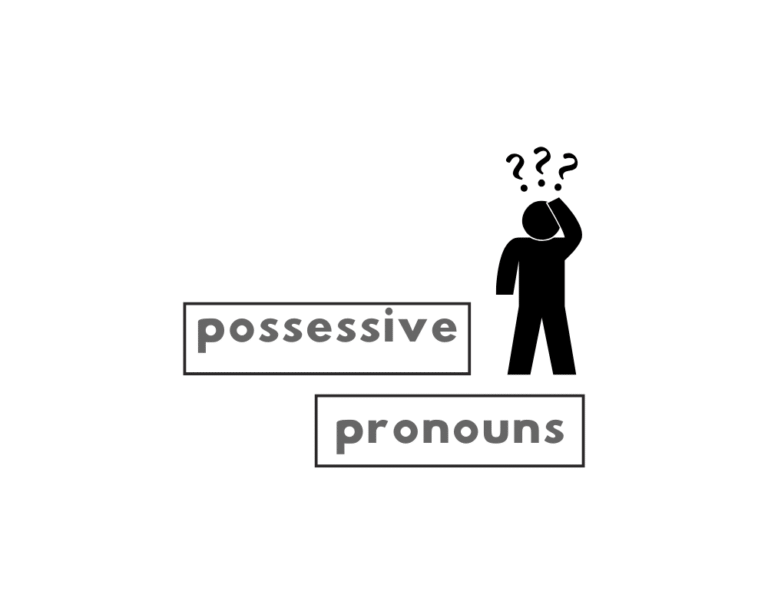Meaning of emigrate vs. immigrate
To immigrate is the verb form of the noun immigrant; referring to someone that’s moved away from their birth country to live permanently in another country.
My family emigrated from Vietnam.
They immigrated to the United States.
He immigrated from China.
She emigrated to Canada.
The verb ’emigrate’ derives from Latin, “ex” + “migrare”, meaning, ‘out’ + ‘move away’, and literally describes moving away from one’s home country.
What differentiates ‘immigrate’ from ’emigrate’ then is that the former describes the person’s arrival to a new country, where the latter focuses on leaving or exiting the home country.
“Emigrate” vs. “immigrate”, used in sentences
| Examples: “emigrate”, used in sentences |
|---|
| My mother met my father when she emigrated from Vietnam.
The family left Czechoslovakia in 1968 and emigrated to America. Many people who emigrated experienced poverty and racism when they arrived. My grandparents emigrated from Vietnam to the US in the 1980s. |
| Examples: “immigrate”, used in sentences |
|---|
| About 6.6 million people immigrated to the United States in the 1970s.
Her mother — who was in the audience — immigrated from China and worked as a caretaker and a secretary.—Rebecca Davis O’Brien, New York Times, 26 Mar. 2024 Wanting to learn more about manufacturing, Nitin and Meena immigrated to the Chicago area in the 1970s.—Hannah Kirby, Journal Sentinel, 12 Mar. 2024 Always attracted to difference, the artist, who immigrated to the States in 1913, spent time at the Blackfeet Reservation, in Montana, in 1920, and made some remarkable drawings of the tribe.—Hilton Als, The New Yorker, 4 Mar. 2024 |
Immigrate, synonyms
- arrive
- migrate
- colonize
- settle
- come
- move
Emigrate vs. immigrate, associate “e”migrate with “exit”—leaving a country—and “i”mmigrate with “in”—entering a new country.
Emigrate, synonyms
- depart
- migrate
- quit
- move abroad
Word origin
| Word Form | Examples |
|---|---|
| Past Participle | “To quit one country, state, or region and settle in another,” 1778, a back-formation from emigration, or else from Latin emigratus, past participle of emigrare “move away, depart from a place,” |
| Other | “To pass into a place as a new inhabitant or resident,” especially “to move to a country where one is not a native, for the purpose of settling permanently there,” 1620s, from Latin immigratus. |
Read about other commonly confused words
Practice: Emigrate vs. immigrate
Question 1 of 5
Many people ______ from their homeland to seek better opportunities abroad.
They decided to ______ to Canada last year.
She plans to ______ from Italy to Australia next month.
After you ______, you become an immigrant in your new country.
My grandparents chose to ______ from Russia decades ago.
FAQs
What is the diff?
+
‘Emigrate’ describes leaving your home country (think ‘e’ for ‘exit’). ‘Immigrate’ describes moving into a new country (think ‘i’ for ‘in’). The post explains ’emigrate’ focuses on the origin,.
Which word for leaving a country?
+
Use ’emigrate’ when referring to moving *away from* a country of origin. It emphasizes leaving. The post gives the example, “My family emigrated from Vietnam,” highlighting the departure point.
Which word for entering a country?
+
Use ‘immigrate’ when referring to moving *into* a new country of destination. It emphasizes arrival. The post shows, “They immigrated to the United States,” as correct usage for entering.
Can I say “immigrate from”?
+
No, the post marks “He immigrated from China” as incorrect. ‘Immigrate’ focuses on arriving *to* a destination. When referring to the country you are leaving *from*, use ’emigrate’ instead.
Can I say “emigrate to”?
+
No, the post marks “She emigrated to Canada” as incorrect. ‘Emigrate’ focuses on leaving *from* an origin. When referring to the country you are arriving *to*, use ‘immigrate’ instead.
Yash, D. "Emigrate vs. Immigrate (Meaning + Examples)."
Grammarflex,
Jul 15, 2025, https://www.grammarflex.com/emigrate-vs-immigrate-meaning-examples/.
Sources
-
Oxford Learner’s Dictionary on “immigrate” and “emigrate”. Accessed 16 April 2024. Harper, Douglas. “Etymology of emigrate.” Online Etymology Dictionary, https://www.etymonline.com/word/emigrate. Accessed 16 April 2024
Many people ______ from their homeland to seek better opportunities abroad.
They decided to ______ to Canada last year.
She plans to ______ from Italy to Australia next month.
After you ______, you become an immigrant in your new country.
My grandparents chose to ______ from Russia decades ago.
What is the diff?
+
Which word for leaving a country?
+
Which word for entering a country?
+
Can I say “immigrate from”?
+
Can I say “emigrate to”?
+
Yash, D. "Emigrate vs. Immigrate (Meaning + Examples)." Grammarflex, Jul 15, 2025, https://www.grammarflex.com/emigrate-vs-immigrate-meaning-examples/.
Sources
-
Oxford Learner’s Dictionary on “immigrate” and “emigrate”. Accessed 16 April 2024. Harper, Douglas. “Etymology of emigrate.” Online Etymology Dictionary, https://www.etymonline.com/word/emigrate. Accessed 16 April 2024











